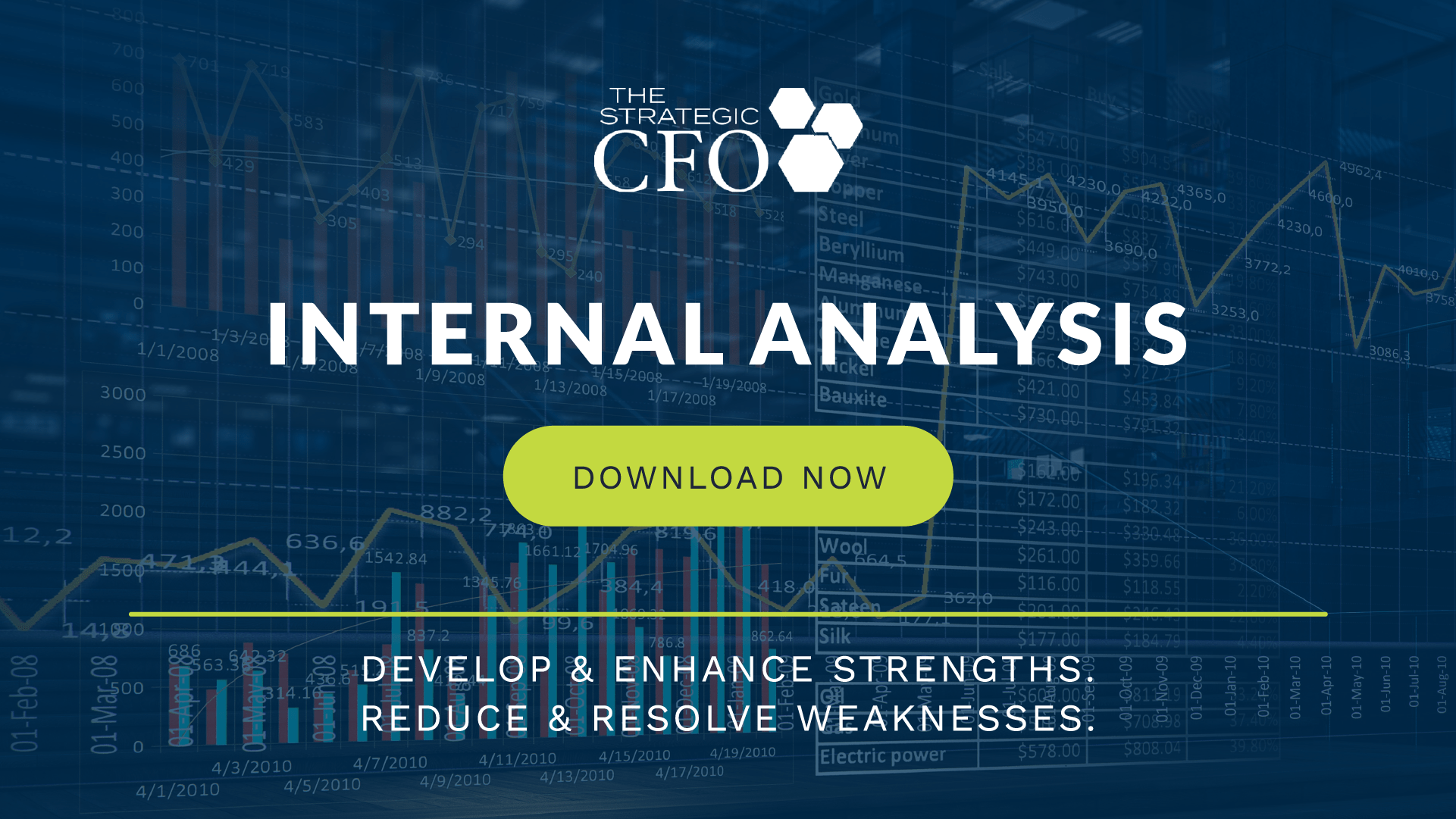An S corporation (S-Corp), also called a subchapter S corporation, is a type of business organization that is structured like a corporation but taxed like a partnership. Find the applicable law in Chapter 1, Subchapter S, of the Internal Revenue Code. S-corps do not have to pay corporate income taxes. Instead, include the company’s profits and losses in the tax filings of the individual shareholders. To qualify as an S-corp, a company must be a domestic entity. The company must also have no more than 100 shareholders. The company must meet other specific requirements.
Advantages and Disadvantages of a S Corporation (S-Corp)
The primary advantage of the S-corp is the tax benefit. S-corps do not have to pay corporate income taxes. Also, it offers owners limited liability protection with the S-corp status. On the other hand, establishing an S-corp can involve significant legal and accounting costs. And S-corps are only allowed to issue one type of stock (typically common stock), which can limit the entity’s ability to raise capital.
If you want to enhance your company’s strengths, then access our free Internal Analysis whitepaper to assist your leadership decisions while creating the roadmap for your company’s success!
Click here to learn more about SCFO Labs

See Also:
Partnership
General Partnership
Limited Partnership
Sole Proprietorship











